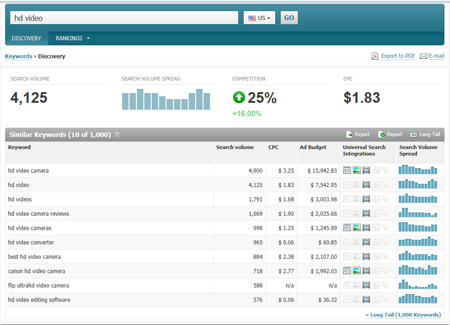SERP Out is a term that I use to describe how I approach ranking a term, choosing a term to target for optimization and the content and promotion you will do to move the page up the rankings. Of course you use tools to choose the keyword space/SERP but you should go to the SERP for a manual review especially in an environment where many rank checkers do not really count Universal elements in the SERP. This has made reviewing the SERP more important than in the past when it was just “10 blue links” making up the SERP.
You should view the important SERPs to see how they are affected by the knowledge graph, images, video, news, Local and of course the Adwords listings at the top of the result! I wanna’ see what the user sees which is something data in a spreadsheet will never replace!
SERP Out Methodology
We see the main field of battle as the above the fold results on Page 1 and anything below that we are losing the battle and more resources must be used to win the battle. Our SERP Out intel often dictates the content types and strategy we will employ
to move up in the rankings. One of the keys to this is that Universal Search now captures a huge % of the opportunities in all SERPs with transactional SERPs seemingly containing more Universal vertical elements than informational queries.
Monitoring Competition
While we are reviewing the SERP we make a note of the competition but for monitoring we are watching the total visibility of these sites more than individual SERPs. You should try to use a combination of manual SERP review, Link Prospector and Searchmetrics to establish your benchmarks/competition. You can’t use this methodology for every keyword so you should have queries that you manually review regularly. We use Searchmetrics for the actual monitoring of the competition because it enables us to compare the competition across several SEO and Social metrics.
If you are not monitoring these sites it is harder to understand the major SERP changes and gauge the risk or gain information that can be used in future proofing your SEO. We monitor competitors using Searchmetrics competitor tool. I described the
methodology we use to discover the competitors for benchmarking KPI’s (Key Performance Indicators)
here.
We have found this technique to be outstanding for discovering what techniques work and often when an event happens (Panda Penguin update etc.). One of the benefits to avoiding riskier techniques are the rankings are much more stable so we tendto expand the number of SERPs we track as we learn the query spaces. Competitors in each of these query spaces are of particular interest because when there are fluctuations in the rankings caused by algorithmic updates these may indicate what has changed to cause an increases or decreases in rank by your monitored benchmarks.
Finding Content Opportunities
As you are doing your manual review think about what the user is thinking when they are making the query and reviewing the content returned in the SERP to establish if the users needs are being met. A good and recent example of this is the Google Spam updates on the SEO Dojo. We decided to add that to the weather reports because we did not believe the true needs of the user were being met.

How did we know that? In our consulting work we do a lot of work with affected sites so we first have to establish which they Google Update the site was hit by which mean determining the date traffic dropped and comparing that to a list of verified dates. There are lists on SEOmoz and Search Engine Land but they aren’t easy to find in one place. It was obvious this would be a good resource for our target audience.
A recent report by Searchmetrics indicates 60% of all SERPs contain video elements. ReadWriteWeb
Once I know the content needed for the query space I go to Searchmetrics Universal Search visibility where I can see what types of content have ranked in that query space in the past. One way to enter that space with a good position is to make content of a type that is not currently in the SERP but has been in the past. Searchmetrics provides the best Universal Search historical SERP data anywhere!
Conclusions on Manual SERP Review
One of the advantages to doing SEO for as long as I have is that I have always used this SERP out methodology! In the beginning it was because there were no tools to check rankings but now it is more about seeing what the user sees and providing what they want…not just what I can do!
